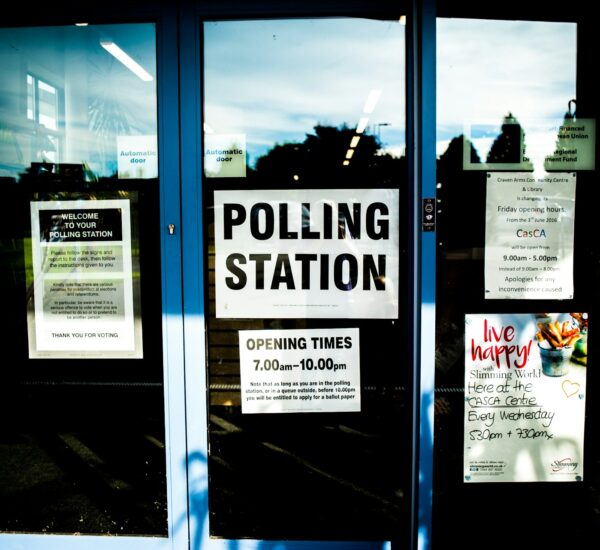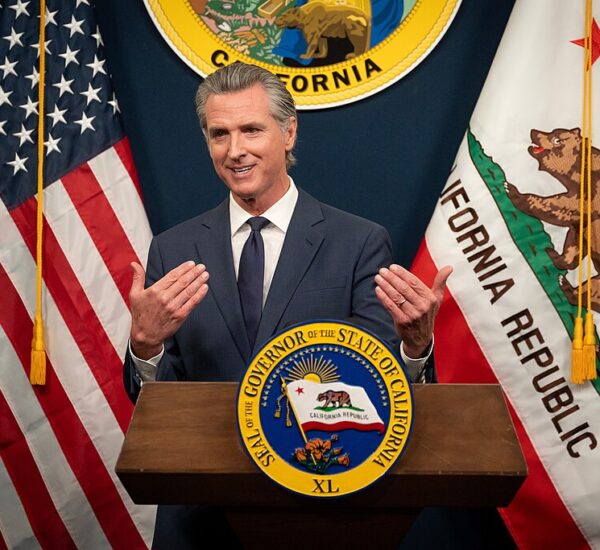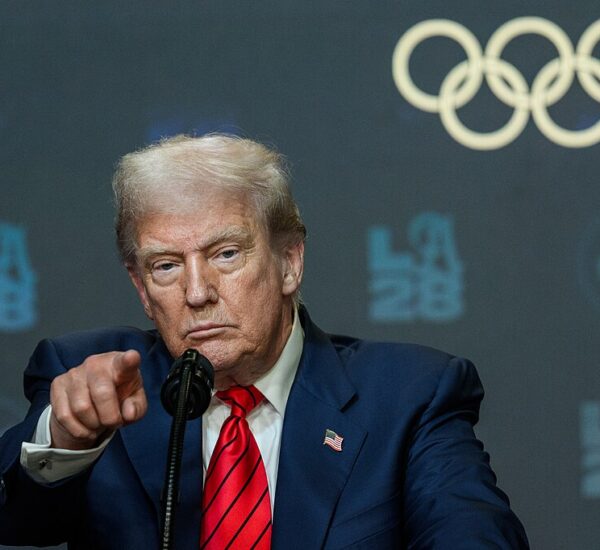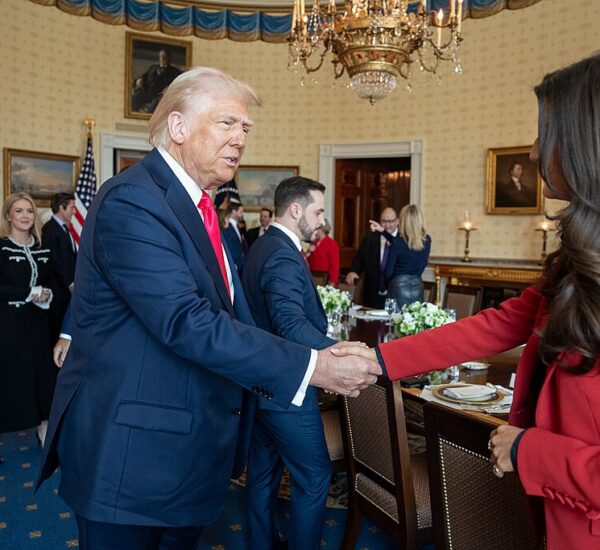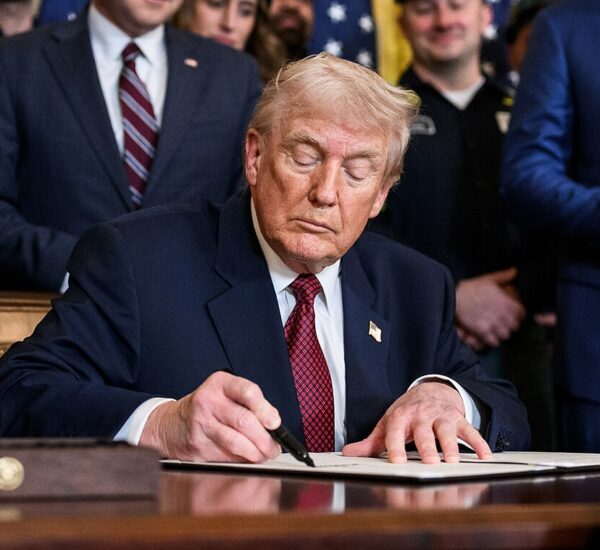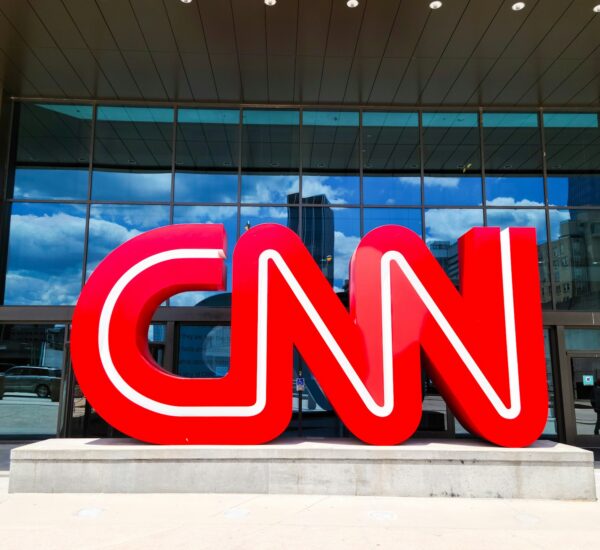Red State Adopts Trump MAHA
Republican-led states are taking bold steps to protect both public health and taxpayer dollars — banning soda, candy, and other junk food from being bought with food stamps. The push is part of Robert F. Kennedy Jr.’s Make America Healthy Again (MAHA) initiative and has quickly become one of the most talked-about welfare reforms under the Trump administration.
Trump-Era Policy Shift Gains Momentum
While past soda regulations came from left-leaning city governments, it was the Trump administration that first encouraged states to limit junk food purchases under the Supplemental Nutrition Assistance Program (SNAP). Now, red states are leading the movement — and they’re finding strong public support.
In just six months, the USDA has approved waivers for 12 states — Arkansas, Colorado, Florida, Idaho, Indiana, Iowa, Louisiana, Nebraska, Oklahoma, Texas, Utah, and West Virginia — banning SNAP funds from being used for sugary sodas, candy bars, energy drinks, and other unhealthy items.
“We all believe in freedom of choice, but the U.S. taxpayer should not be forced to pay for soda and candy,” Kennedy said at a recent press conference alongside Agriculture Secretary Brooke Rollins.
Protecting Health and Cutting Waste
Supporters say the bans are common sense. Sugary drinks are the single largest source of added sugar in the American diet, contributing to skyrocketing rates of obesity, diabetes, and heart disease. For many conservatives, it’s about more than health — it’s about ensuring that taxpayer-funded benefits go toward real nutrition, not junk food.
Conservative policy groups, including the Florida-based Foundation for Government Accountability, have long called for tightening SNAP rules to cut costs and encourage healthier eating.
Democrats Divided Over the Move
Not all Democrats oppose the idea. Colorado Gov. Jared Polis praised his state’s waiver as “a big step toward improving health and reducing preventable disease.” But others, like Kansas Gov. Laura Kelly, vetoed similar bills, claiming SNAP rules should be set at the federal level.
Opponents argue the bans are “paternalistic” and won’t guarantee better health outcomes unless paired with programs to expand access to fresh produce. Still, many Americans agree it makes no sense to fund candy and soda with tax dollars while the nation faces a health crisis.
What’s Next for SNAP?
These waivers are currently pilot programs, giving states a chance to gather data before permanent changes are made. But with bipartisan interest — and a strong push from Trump’s USDA — many believe a nationwide junk food ban in SNAP is only a matter of time.
As Kennedy put it, “This is not a red or blue issue — it’s about health, it’s about responsibility, and it’s about doing right by the taxpayer.”

